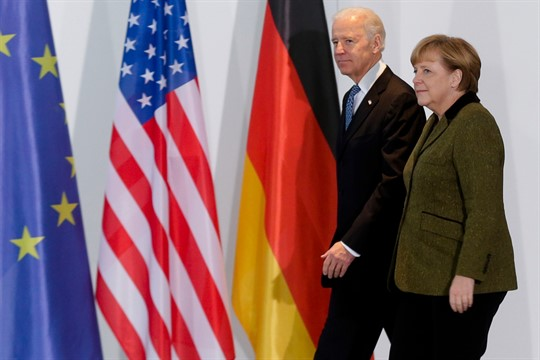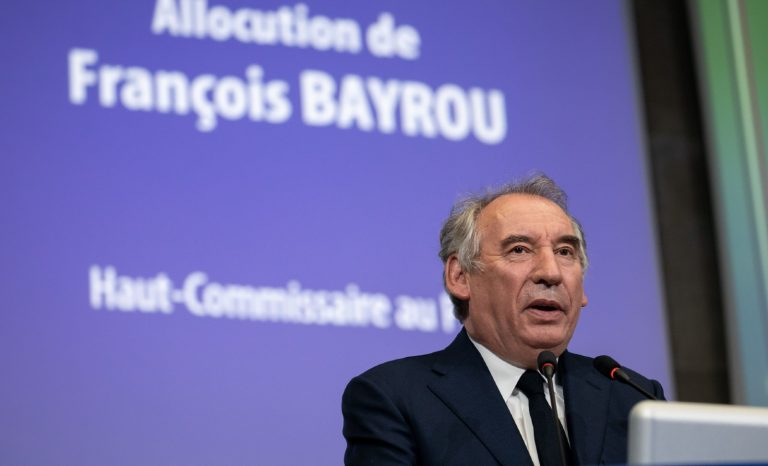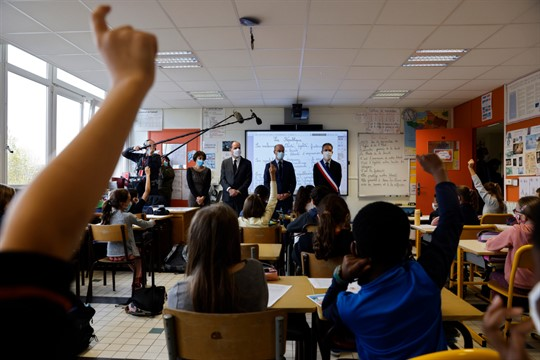It is necessary to keep an eye on the other strategies of the New Right and populists, to protect the political culture from a change towards right-wing ideas.
Prior to the COVID-19 pandemic, a key topic of discussion in the media was the growing impact of populism on political culture and the political order. The February 2020 election of Thomas Kemmerich of the Free Democratic Party (FDP) as Minister-President of the federal state of Thuringia in Germany gained international attention, as it marked the first time since the Second World War that a candidate was elected head of state government by the Christian Democrats (CDU), the liberals (FDP) and the right-wing, and partly right-extremist, party Alternative for Germany (AfD) by a ‘parliamentary trick’ — AfD members did not vote for their own candidate but unexpectedly shifted their votes to the liberal candidate, Kemmerich. This was contrary to common political behaviour in Germany.







